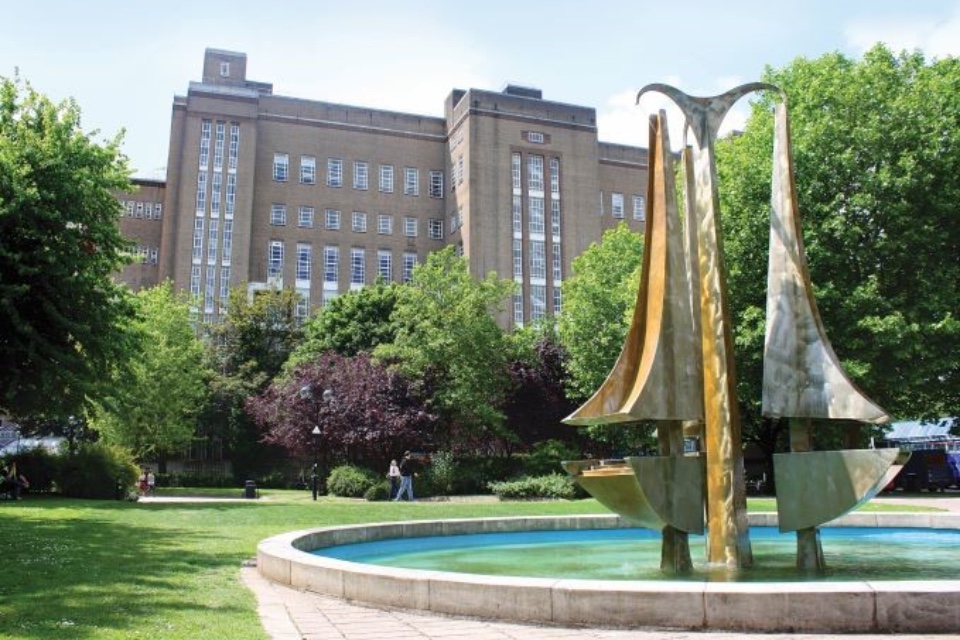The UK Government has announced a £213 million investment to upgrade the UK’s scientific infrastructure, with Scottish facilities to benefit also.
It says the investment will equip the UK’s leading scientists, universities and research institutes with new state of the art equipment to drive forward research that will help the country respond to major challenges, including the Covid-19 pandemic and achieving net zero carbon emissions.
The £213 million pot includes £27 million for upgrading and purchasing core equipment for the use of researchers across the UK.
The Science and Technology Facilities Council (STFC) will receive a £20 million investment to upgrade campus infrastructure at its sites in Edinburgh, Oxford, Liverpool City Region and North Yorkshire. This will enable the Council to continue developing flagship projects covering a range of topics, from pre-launch satellite testing to the search for dark matter.
The STFC will receive a further £10 million for laboratory upgrades to support the scientific programmes across laboratories in Edinburgh, Oxfordshire, Liverpool, and North Yorkshire. Investments will enable projects including quantum physics with ultra-cold atoms, artificial intelligence and pre-launch satellite testing.
Medical Research Centre units in Glasgow, Edinburgh and Dundee will share £2.8 million to buy high spec equipment such as microscopes and key computational resources to support Covid-19 research, and long-term programmes in cell biology, human genomics, and wider virology.
This will enable researchers to detect and model disease in more detail than before, helping the UK respond to Covid-19 and boosting resilience for future pandemics, as well as other global diseases, such as cancer and dementia.
£34 million will go to upgrading the UK’s digital research capabilities, enabling some of the country’s brightest minds to conduct pioneering analytical research that will help inform long term policy decisions. Urban data centres in Glasgow, Liverpool and Oxford will share more than £1 million for new hardware to pursue research that will show how Covid-19 has affected social and economic activity in different parts of the UK.
Meanwhile, the University of Essex will be backed to conduct a large-scale household survey to understand how the pandemic has affected issues such as home schooling and family relationships.
The funding package also allocates £15 million for the Capability for Collections Fund (CapCo) to renew and upgrade the most vulnerable research facilities across the UK within galleries, libraries, archives and museums. It will focus on conservation and heritage, modernising these spaces which will help serve local communities for generations.
The government says the investment will ensure the UK is the best place in the world for scientists, researchers and entrepreneurs to live and work, while continuing to attract scientific talent from across the globe.
Science Minister Amanda Solloway said: “The response from UK scientists and researchers to coronavirus has been nothing short of phenomenal. We need to match this excellence by ensuring scientific facilities are truly world class, so scientists can continue carrying out life-changing research for years to come.
“From the world’s most detailed microscopes tracking disease to super computers supporting COVID-19 research, our investment will enhance the tools available to our most ambitious innovators across Glasgow, Edinburgh and Dundee. By doing so, scientists and researchers will be able to drive forward extraordinary research that will enable the UK to respond to global challenges as we build back better from the pandemic.
The £213 million investment, delivered through the government’s World Class Labs funding scheme and made through seven of UK Research and Innovation’s (UKRI) research councils, covers investments in all disciplines from physical sciences to arts and humanities.
The funding forms part of a £300 million commitment to upgrade scientific infrastructure across the UK, as part of the government’s ambitious R&D Roadmap published in July 2020.







